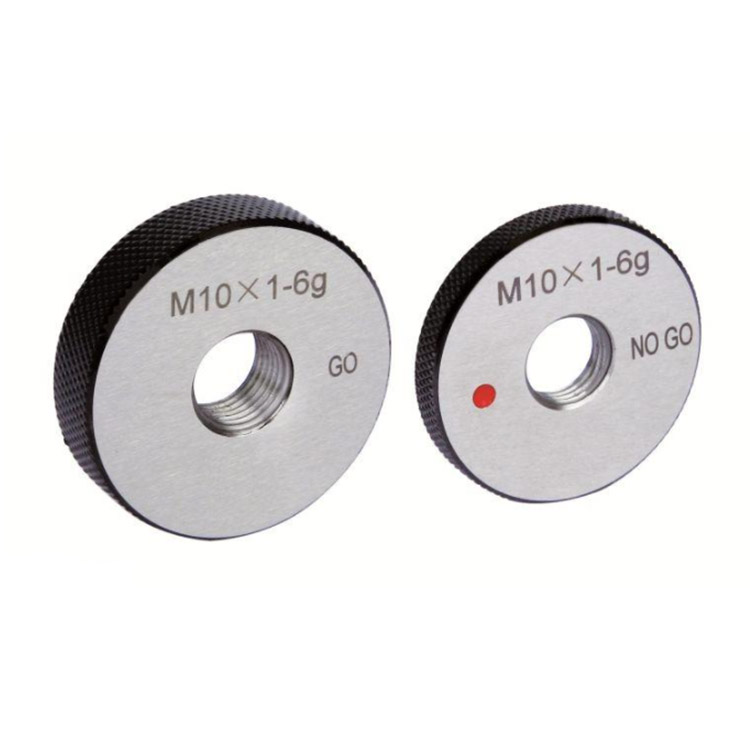Wholesale pull studs
Wholesale pull studs are essential components in CNC machining, securing tool holders in the machine spindle. Selecting the right pull stud is critical for performance and safety. This guide covers everything from types and materials to compatibility and purchasing considerations, helping you make informed decisions for your machining operations.
Understanding Pull Studs and Their Role in CNC Machining
Pull studs, also known as retention knobs, are threaded fasteners that connect a tool holder to the spindle of a CNC (Computer Numerical Control) machine. They are designed to withstand the high forces generated during machining, ensuring the tool holder remains securely in place. A properly functioning pull stud is crucial for accuracy, efficiency, and operator safety.
Why Quality Pull Studs Matter
The quality of your wholesale pull studs directly impacts the performance of your CNC machine. Inferior pull studs can lead to several problems:
- Tool Holder Slippage: Causing inaccurate cuts and potential damage to the workpiece.
- Spindle Damage: A loose or broken pull stud can damage the expensive spindle mechanism.
- Increased Downtime: Frequent replacement of low-quality pull studs wastes time and money.
- Safety Risks: A failing pull stud can be a serious safety hazard for machine operators.
Types of Pull Studs Available Wholesale
Several types of wholesale pull studs are available, each designed for specific tool holder tapers and machine requirements. Common types include:
- MAS 403 BT: A widely used standard for BT taper tool holders.
- CAT V-Flange: Commonly found in North American CNC machines.
- DIN 69872: A European standard for steep taper tool holders.
- ISO 7388-1 (formerly DIN 69871): Another common standard for steep taper tool holders.
- JIS B6339 (BBT): A dual-contact tool holder.
When sourcing wholesale pull studs, it's crucial to identify the correct type for your specific tool holder and machine. Consult your machine's documentation or a knowledgeable supplier, such as Wayleading Tools, to ensure compatibility. We are committed to providing you with the best machining solutions.
Materials Used in Pull Stud Manufacturing
The material used to manufacture wholesale pull studs significantly affects their strength, durability, and resistance to wear. Common materials include:
- Alloy Steel: Offers a good balance of strength and toughness. Often heat-treated for increased hardness.
- Carbon Steel: A more economical option, suitable for less demanding applications.
- Stainless Steel: Provides excellent corrosion resistance, ideal for environments with moisture or corrosive fluids.
High-quality pull studs are typically made from alloy steel and undergo heat treatment to achieve the necessary hardness and strength. Look for pull studs with a hardness rating of at least HRC 52 for optimal performance.
Factors to Consider When Buying Wholesale Pull Studs
Purchasing wholesale pull studs requires careful consideration to ensure you get the right product for your needs. Here are some key factors to keep in mind:
- Compatibility: Verify that the pull studs are compatible with your tool holders and machine spindle. Check the taper type, thread size, and overall dimensions.
- Material and Hardness: Choose a material and hardness level appropriate for the demands of your machining operations. Alloy steel with a hardness of HRC 52 or higher is generally recommended.
- Precision: Look for pull studs manufactured to tight tolerances to ensure accurate and reliable performance.
- Coating: Some pull studs feature a coating, such as black oxide or titanium nitride (TiN), to enhance corrosion resistance and reduce friction.
- Manufacturer Reputation: Purchase from a reputable manufacturer or supplier known for producing high-quality products.
- Price: While price is a factor, prioritize quality and reliability over cost. A cheap pull stud can end up costing you more in the long run due to downtime and potential damage.
Pull Stud Dimensions and Specifications
Understanding the dimensions and specifications of wholesale pull studs is crucial for ensuring proper fit and function. Key dimensions include:
- Thread Size: The thread size of the pull stud must match the threads in the tool holder.
- Overall Length: The overall length of the pull stud affects its reach and compatibility with the machine spindle.
- Head Diameter: The head diameter must be sufficient to provide a secure grip for the drawbar.
- Taper Angle: The taper angle must match the taper angle of the tool holder.
Always refer to the manufacturer's specifications or consult a knowledgeable supplier to confirm the dimensions and specifications of the pull studs you are purchasing.
Maintenance and Inspection of Pull Studs
Regular maintenance and inspection of wholesale pull studs are essential for preventing failures and ensuring optimal performance. Follow these guidelines:
- Visual Inspection: Inspect pull studs regularly for signs of wear, damage, or corrosion. Look for cracks, deformation, or excessive wear on the threads.
- Cleaning: Keep pull studs clean and free of debris. Use a clean, dry cloth to wipe them down after each use.
- Lubrication: Apply a thin coat of lubricant to the threads of the pull stud to reduce friction and prevent galling.
- Torque: Tighten pull studs to the manufacturer's recommended torque specification. Over-tightening can damage the pull stud or tool holder, while under-tightening can lead to slippage.
- Replacement: Replace pull studs that show signs of wear, damage, or corrosion. Replace them at regular intervals as part of a preventative maintenance program.
Troubleshooting Common Pull Stud Problems
Even with proper maintenance, pull studs can sometimes experience problems. Here are some common issues and their potential solutions:
- Pull Stud Slippage: This can be caused by a worn or damaged pull stud, insufficient torque, or a contaminated tool holder taper. Replace the pull stud, increase the torque, and clean the tool holder taper.
- Pull Stud Breakage: This can be caused by excessive force, a defective pull stud, or improper installation. Use the correct torque, inspect pull studs for defects, and ensure proper installation.
- Difficult Removal: This can be caused by corrosion, galling, or over-tightening. Apply penetrating oil, use a specialized pull stud removal tool, and avoid over-tightening.
Where to Buy Wholesale Pull Studs
Finding a reliable supplier of wholesale pull studs is crucial for ensuring you get high-quality products at competitive prices. Consider these options:
- Online Suppliers: Many online suppliers offer a wide selection of pull studs at wholesale prices. Research suppliers carefully and choose those with a good reputation and positive reviews. Wayleading Tools is a great place to start.
- Tooling Distributors: Local tooling distributors can provide personalized service and technical support. They may also offer competitive pricing on bulk purchases.
- Direct from Manufacturers: Purchasing directly from the manufacturer can sometimes offer the best prices, but it may require a minimum order quantity.
Cost Considerations for Wholesale Pull Studs
The cost of wholesale pull studs can vary depending on the type, material, manufacturer, and quantity purchased. Generally, alloy steel pull studs are more expensive than carbon steel pull studs. Coated pull studs also tend to be more expensive than uncoated pull studs.
When comparing prices, consider the total cost of ownership, including the cost of replacement, downtime, and potential damage to the machine spindle. Investing in high-quality pull studs can save you money in the long run.
Pull Stud Standards and Certifications
Ensure that the wholesale pull studs you purchase meet relevant industry standards and certifications. This helps ensure that the pull studs have been tested and verified to meet certain performance and quality requirements. Common standards and certifications include:
- ISO 9001: A quality management system standard that ensures the manufacturer has processes in place to consistently produce high-quality products.
- RoHS: A directive that restricts the use of certain hazardous substances in electrical and electronic equipment.
- REACH: A regulation that addresses the production and use of chemical substances and their potential impacts on human health and the environment.
The Future of Pull Stud Technology
The field of pull stud technology is constantly evolving, with advancements in materials, coatings, and designs. Some emerging trends include:
- Smart Pull Studs: These pull studs incorporate sensors and wireless technology to monitor their condition and performance.
- Improved Coatings: New coatings are being developed to further enhance corrosion resistance, reduce friction, and extend the lifespan of pull studs.
- Advanced Materials: Researchers are exploring new materials, such as ceramics and composites, for use in pull stud manufacturing.
Conclusion
Choosing the right wholesale pull studs is a critical decision for any CNC machining operation. By understanding the different types of pull studs, materials, specifications, and maintenance requirements, you can ensure optimal performance, minimize downtime, and maximize the lifespan of your equipment. Always prioritize quality and reliability over cost, and purchase from a reputable supplier like Wayleading Tools. We are dedicated to helping you find the best tooling solutions for your specific needs.
| Pull Stud Type | Common Applications | Material Options |
|---|---|---|
| MAS 403 BT | General CNC Milling | Alloy Steel, Carbon Steel |
| CAT V-Flange | North American CNC Machines | Alloy Steel, Stainless Steel |
| DIN 69872 | European CNC Machines | Alloy Steel |
References:
Related products
Related products
Best selling products
Best selling products-
 HSS Metric & Inch Woodruff Keyseat Cutter With Straight Or staggered Teeth
HSS Metric & Inch Woodruff Keyseat Cutter With Straight Or staggered Teeth -
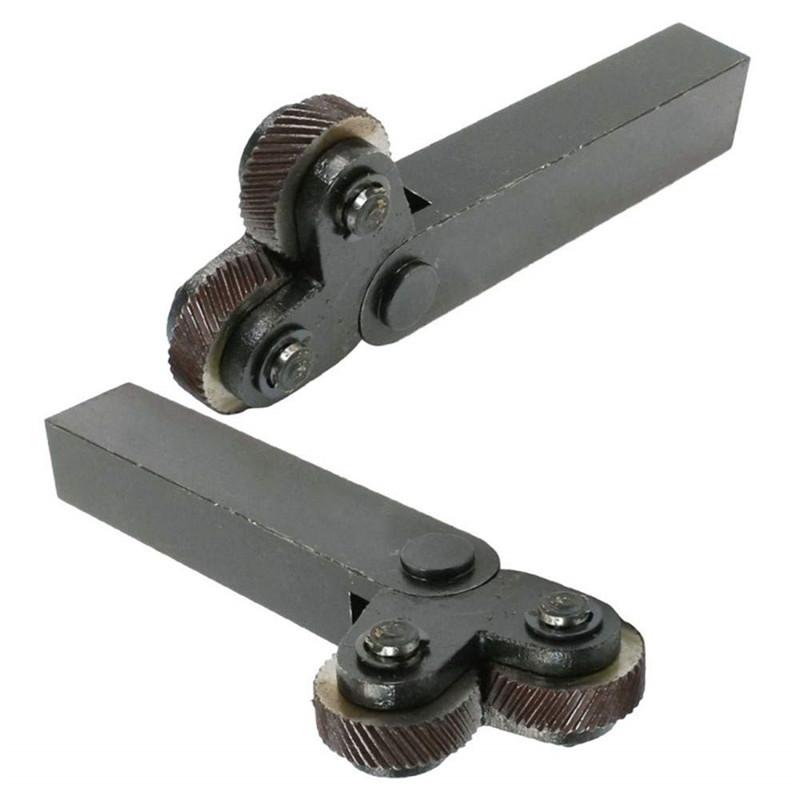 Dual Wheel Knurling Tools With Diamond Pattern For Industrial Type
Dual Wheel Knurling Tools With Diamond Pattern For Industrial Type -
 Precision Digital Caliper Of With Metric & Inch Size For Industrial
Precision Digital Caliper Of With Metric & Inch Size For Industrial -
 Precision Magnetic Base With Fine Adjustment For Dial Indicator
Precision Magnetic Base With Fine Adjustment For Dial Indicator -
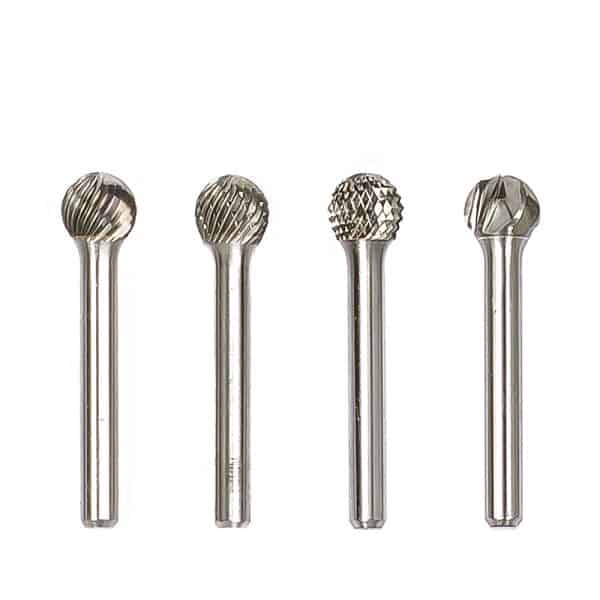 Type D Ball Tungsten Carbide Rotary Burr
Type D Ball Tungsten Carbide Rotary Burr -
 Precision V Block And Clamps Set With High Quality Type
Precision V Block And Clamps Set With High Quality Type -
 F1 Precision Boring Head With Metric & Inch
F1 Precision Boring Head With Metric & Inch -
 Type A Cylinder Tungsten Carbide Rotary Burr
Type A Cylinder Tungsten Carbide Rotary Burr -
 CNMG & CNMM Turning Insert For Indexable Turning Tool Holder
CNMG & CNMM Turning Insert For Indexable Turning Tool Holder -
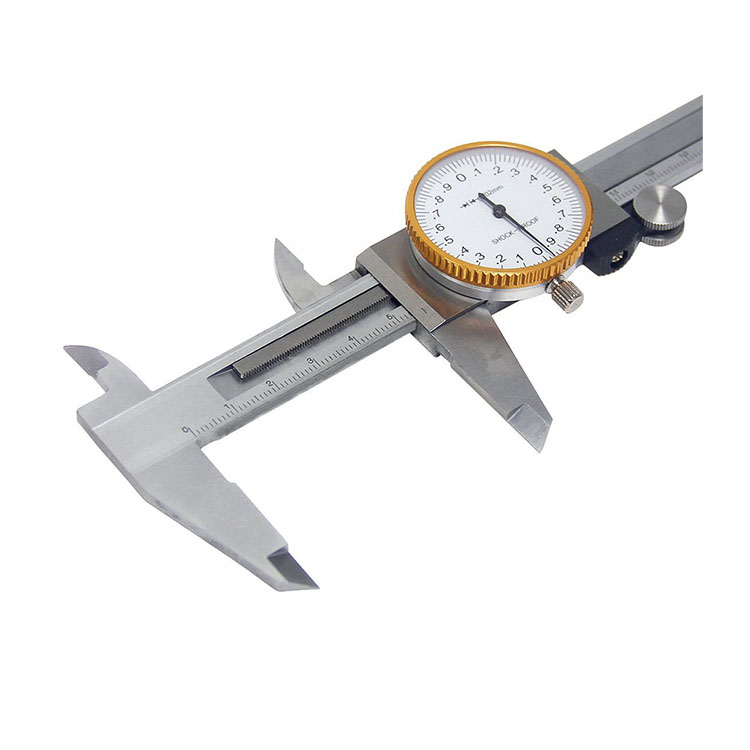 Precision Dial Caliper Of Metric & Imperial For Industrial
Precision Dial Caliper Of Metric & Imperial For Industrial -
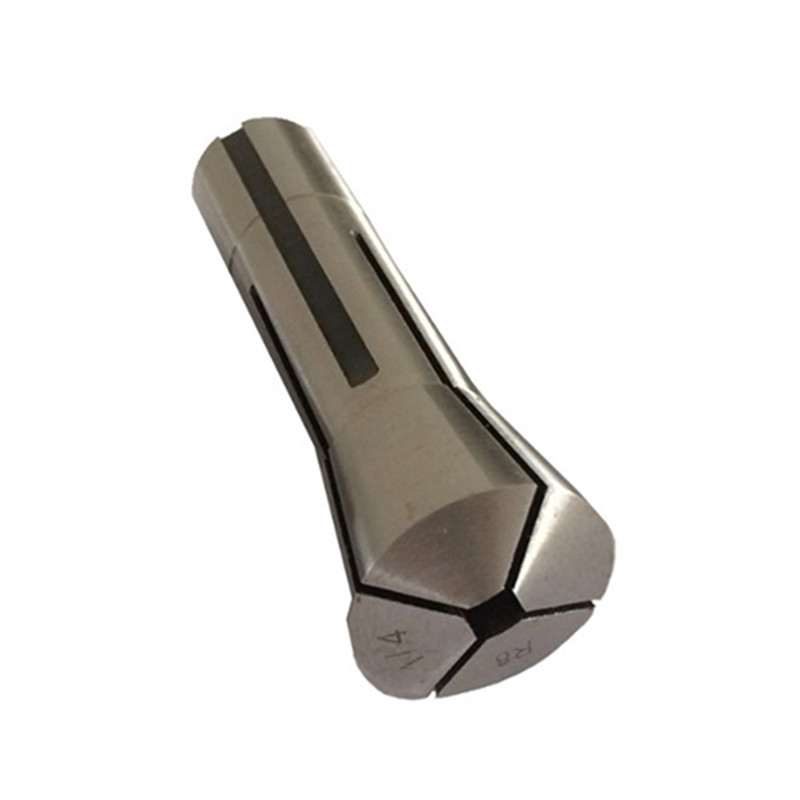 R8 Square Collet With Inch and Metric Size
R8 Square Collet With Inch and Metric Size -
 Vernier Height Gauge With Magnifier With Adjustable Main Bean
Vernier Height Gauge With Magnifier With Adjustable Main Bean




